The Women in Horror Film Festival, which took place from August 4-7 at the Crowne Plaza in Peachtree City, GA, was a huge success. Organized by filmmakers Vanessa Ionta Wright and Samantha Kolesnick, the festival began in late 2016 as a way for women interested in the horror genre to get their voices heard in a genre largely dominated by men. African-American, transsexual, and homosexuals in the industry also attended and gave their views on a Diversity Panel Saturday afternoon.
When asked about improvements in diversity in Hollywood, rising actor Bryan Ashton Smith said, “I’m starting to see a little bit more improvement in representation, specifically in the writing room, not just casting. When you have more diverse voices telling stories, you’ll see a much richer representation of stories. You’ll hear from different viewpoints. I think Hollywood needs a lot more of that… When you have more diverse people actually telling their stories, and in control of their stories… I think we’ll see a richer depth of work out there”.
The short films screened include: Heartless, a bloody, corporate take on Edgar Allan Poe’s The Tell-Tale Heart, Beyond Repair, following a woman trapped by the undead in a gas station, and many more creepy entertainments. Festival attendees included film and theater veteran Trina Parks (the villain in Diamonds Are Forever) and horror producer Marianne Maddalena (known for Wes Craven’s Scream franchise, The Hills Have Eyes remake and more). Rising talent included husband and wife duo Kevin and Jennifer Sluder (whose short Heartless has run on the festival circuit) and Mylo Carbia, best-selling author of The Raping of Ava DeSantis and Violets are Red.
The festival serves as a great showcase for rising talent to announce themselves, and allow old pros to see and encourage that talent. The horror genre in particular has a troubled history with its portrayal of female and minority characters, but festivals like this are proving those and other misrepresented groups can shine just as well as their peers given the opportunity. These filmmakers know the world around them, and are doing their best to work in and fix it for the better. Whether their goals are to offer thought-provoking commentary, or a fun gore fest, the Women in Horror Film Festival is a sign that women can deliver the frights just as well as their male counterparts.





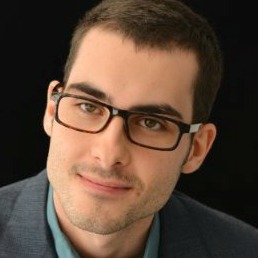


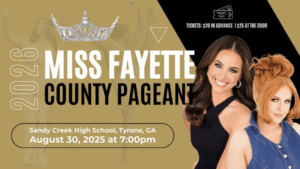
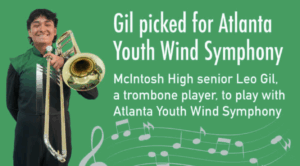
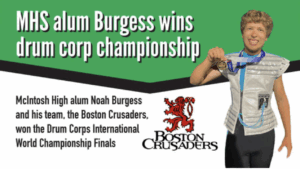
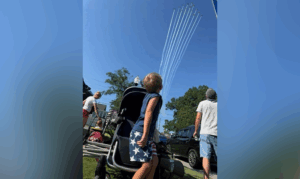
Leave a Comment
You must be logged in to post a comment.